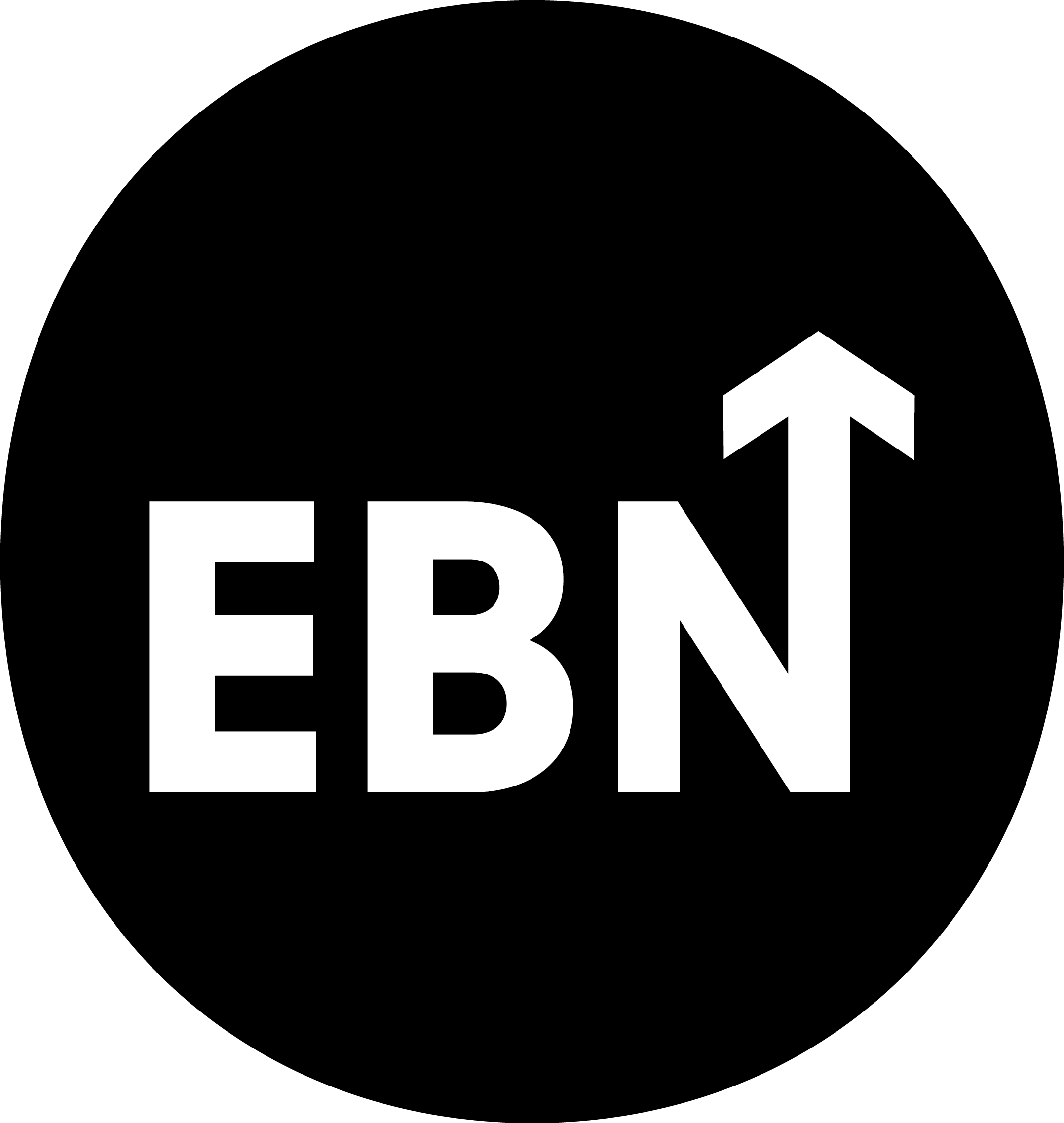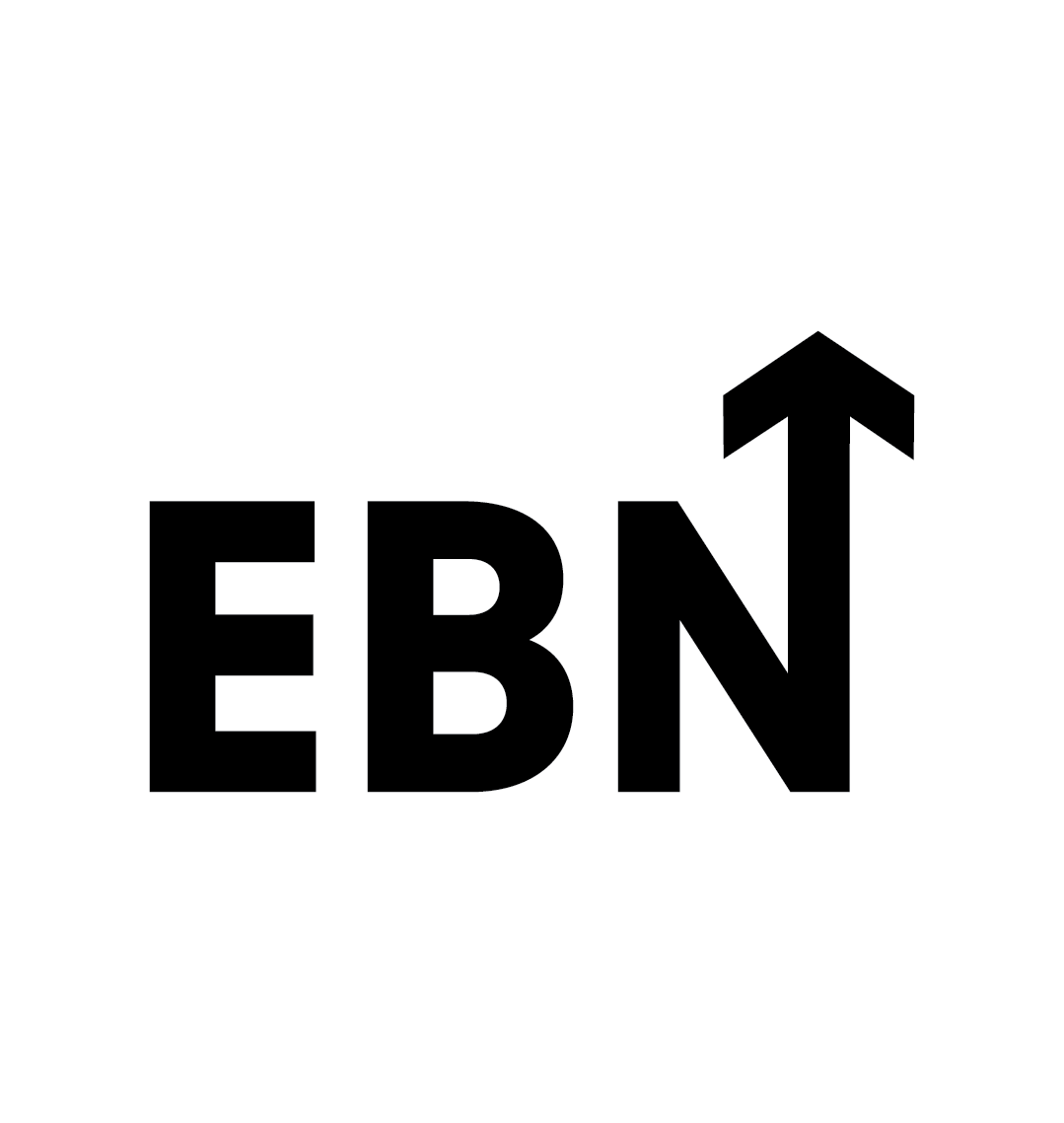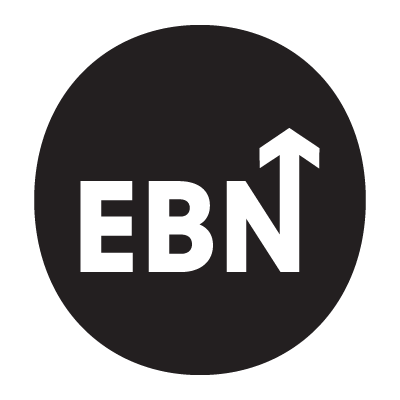The evolution of work environments, catalysed by the pandemic, has profoundly influenced employer branding and talent attraction. The findings from recent studies, particularly the Universum EB Now Survey 2023 and the ManpowerGroup Employment Outlook Survey 2024, underscore the critical importance of hybrid work arrangements in enhancing employee satisfaction and, consequently, the attractiveness of your employer brand.
Hybrid Work: A Catalyst for Happiness and Productivity
A growing body of research has solidified the benefits of hybrid work. According to a study conducted by Stanford University, hybrid work arrangements have led to significant improvements in employee productivity, performance, and retention. The study found that workers with hybrid schedules—working from home two to three days a week—maintained high levels of productivity and career advancement while experiencing dramatically lower resignation rates compared to their fully in-office counterparts. That's a lot of upside, and many other similar studies have had similar outcomes.
This aligns with the Universum EB Now Survey 2023 and 2024, which both highlight the increasing demand for flexible working conditions as a key component of a positive and attractive work environment. Many companies that have adapted to hybrid work models report significant improvements in employee well-being and productivity. In New Zealand, the 2 Degrees annual survey of employers showed that 51% reported increased productivity as a result of hybrid work arrangements. The ManpowerGroup Employment Outlook Survey 2024 further supports this, noting that 37% of companies reported that flexible working policies were instrumental in retaining talent and expanding their candidate pool.
Momentum isn’t always progress, especially when you always end up back where you started.
Fathom helps you escape the loop. With insight, not intuition.
Although there are some caveats, most HR leaders still accept that happy employees are more engaged, motivated, and productive. What's less caveated, though, is that these employees are much more likely to advocate for their employers, creating a positive feedback loop that enhances the company's reputation and attractiveness to potential talent. In the context of employer branding, this translates into glorious and authentic word of mouth in the place of bad reviews, quiet quitting, and rage apply. The kind of deal every employer should be happy to make.
Employer Branding Benefits
- Enhanced Employee Experience: Enhancing employee experience is, or should be, a top priority for many organizations. Flexible working conditions have proven to be a significant factor in achieving this goal. Employees who enjoy more choice and a better chance at achieving their desired work-life balance are more satisfied with their jobs, leading to lower turnover rates and higher retention.
- Positive Word of Mouth: Satisfied employees are far more likely to share their positive experiences with their networks, both online and offline. This organic promotion is invaluable for employer branding. Potential candidates are more likely to be attracted to companies with a reputation for treating their employees well, as evidenced by numerous employee reviews and testimonials.
- Differentiation in a Competitive Market: In a talent market characterized by high competition, companies that offer hybrid work options stand out. The ability to work remotely or in a hybrid model is increasingly seen as a standard expectation rather than a perk. Organizations that mandate a full return to the office risk are increasingly perceived as inflexible and out of touch with current employee expectations.
Strategic Implementation of Hybrid Work
For employers to leverage hybrid work arrangements effectively, it is essential to integrate this flexibility into their core employer branding strategy and messaging. Here are some recommendations:
Helping HR, talent acquisition, employer branding, and company culture professionals find careers worth smiling about.
- Communicate Clearly: Clearly communicate the availability and benefits of hybrid work arrangements in all relevant talent-facing materials. Where possible, highlight success stories and testimonials from employees who have thrived under these flexible working conditions.
- Invest in Technology: It goes without saying that remote working is made possible, or is fully optimized, when the right collaboration tools are in place. For most employers, this is happening anyway so further investments probably don't need to be sought after. This is more about how the best tools are selected and how investments are made that focus on adoption and integration across the organisation.
- Foster a Collaborative Culture: In a hybrid set up, it'll be more important to foster a strong sense of team cohesion and collaboration. This will usually fall upon leadership and managers, who should be promoting these concepts and behaviours often and with gusto Regular virtual team-building activities and meetings can help keep employees connected and engaged.
- Monitor and Adjust: The tools exist so remember to continuously monitor the effectiveness of hybrid work policies and be willing to make adjustments based on employee feedback and changing circumstances. Flexibility should be a hallmark of the company’s approach to work. This isn't about scanning for mouse wiggling software, this is about gathering and listening to feedback from workers and managers.
- Highlight in Recruitment: During the recruitment process, including ads and employer branding content, emphasize the availability of hybrid work as part of the company’s commitment to flexibility and employee well-being. This can be a significant differentiator for top talent considering multiple offers.
Conclusion
The evidence is clear: hybrid work arrangements contribute significantly to employee happiness and productivity, which in turn enhance employer branding and talent attraction. Employers who continue to mandate a full return to the office risk alienating their workforce and missing out on top talent. By embracing hybrid work, companies can not only improve their current employees' satisfaction but also position themselves as attractive employers in a highly competitive talent market.
Incorporating hybrid work into the core employer branding strategy is not just a response to current trends but a forward-thinking approach that aligns with the evolving expectations of the modern workforce. Hybrid work is here to stay, and the companies that adapt will be the ones that thrive.
Takeaways
What is the impact of hybrid work on employee productivity?
Recent studies, including one from Stanford University, have shown that hybrid work arrangements significantly improve employee productivity, performance, and retention. Employees working from home two to three days a week maintain high productivity levels and have dramatically lower resignation rates compared to those fully in-office.
How does hybrid work contribute to employee well-being?
Hybrid work enhances employee well-being by providing a better work-life balance. The flexibility to work from home reduces stress, improves job satisfaction, and contributes to lower turnover rates, as highlighted by the Universum EB Now Survey 2023.
Why is hybrid work important for employer branding?
Hybrid work is crucial for employer branding as it boosts employee satisfaction, leading to positive word-of-mouth promotion. Satisfied employees are more likely to advocate for their employers, enhancing the company's reputation and attractiveness to potential talent.
How can companies implement hybrid work effectively?
To leverage hybrid work arrangements, companies should:
- Clearly communicate the benefits of hybrid work in branding materials.
- Invest in technology to support remote work.
- Foster a collaborative culture with regular virtual team-building activities.
- Monitor and adjust policies based on feedback.
- Highlight hybrid work availability during recruitment.
What are the strategic benefits of hybrid work for talent attraction?
Offering hybrid work options helps companies stand out in a competitive talent market. It meets modern employee expectations for flexibility, which is increasingly seen as a standard rather than a perk. This differentiation attracts top talent and retains current employees.
Why should employers avoid full return-to-office mandates?
Mandating a full return to the office can alienate employees and deter top talent. In contrast, hybrid work arrangements align with evolving workforce expectations and contribute to higher employee satisfaction, productivity, and retention, enhancing overall employer branding.
How can hybrid work arrangements enhance an Employee Value Proposition (EVP)?
A well-communicated hybrid work policy strengthens an EVP by showing a commitment to flexibility and employee well-being. This makes the company more attractive to potential hires and retains current employees who value work-life balance and flexibility.
What are the long-term implications of hybrid work for companies?
The adoption of hybrid work is a forward-thinking approach that aligns with the evolving expectations of the modern workforce. Companies that embrace hybrid work will likely thrive in the long term by maintaining high employee satisfaction and staying competitive in talent attraction.







